The Stages of Change
Ask anyone living in the throes of addiction what they fear most and chances are they will tell you that they are afraid of change. To be honest, they may not phrase it this way, but the concerns are there. They may be afraid to be “found out”, to be sent to treatment, or to confront the emotions that they have been running from. Even in the worst of situations, they will likely favor the “devil they know”, and risk playing the same charades over what lies ahead in the unknown future.
Typically, they can’t imagine changing their destructive behaviors, actions, or thought processes in order to live a life that is not controlled by alcohol consumption or drug-taking impulses. This fear of the unknown is so powerful that it forces many people to accept a less-than-ideal life because it’s familiar and they have grown used to it.
Process of Change
According to Prochaska and DiClemente's Transtheoretical Model, regardless of whatever behaviors someone wants to adjust in their life, there are stages of change that define the process.
1. Precontemplation Stage
Also known as “Awareness and Early Acknowledgment,” during this phase, even though an addict knows that their drug or alcohol use has spiraled out of control they are not really considering a change, which is why they are often viewed as being "in denial" due to claims that their behavior is not a problem. People in this stage are either uninformed about the consequences of their actions, or they do not fully grasp how damaging their behavior really is. Another helpful way to think about this stage is recognizing that the individual is engaging in unconscious dysfunctional behavior, as depicted in the linked graphic.
2. The Consideration or Contemplation Stage
The next stage involves moving that understanding of dysfunctional behavior to the realm of conscious thought. Individuals in this stage are not only aware of the adverse effects that will occur if they quit their substance of choice (the physical process of detox, and the potential for relapse and withdrawals), but they also begin to realize that there are indeed significant consequences for continuing in their addicted pattern. Individuals in this stage become more fully aware that the minute they stop using they will have to finally face the possibility they have used substances as a coping mechanism to deal with life stressors and sooner or later, their coping mechanism of choice will lose its effectiveness.
3. The Preparation or Exploring Recovery Stage
During this stage is when an individual will probably start gathering information or finding outside resources from counselors, doctors, support groups, family members or friends who can offer advice and encouragement to seek addiction treatment. Those at this stage have weighed all the pros and cons of quitting their substance of choice and may have even taken concrete steps toward changing their behavior like going to see a therapist or looking for a treatment center because they are ready to make the needed changes.
4. Early Recovery or Action Stage
This stage can be a difficult one for many because of the discomfort of leaving a damaging habit behind, including the difficult task of what feels like abandoning their old friends, and avoiding the places he or she would go to use. This is the stage where an individual is making conscious efforts to change their ways: purposely modifying their environment, behavior, or experiences, however it doesn’t yet feel easy, routine, or seem to flow naturally.
5. The Maintenance or Active Recovery Stage
In this final stage, what feels laborious and difficult becomes second nature, and the learning from past stages is translated into unconscious positive or “functional” behavior. At this stage, an individual has finished, or is working towards completing their treatment program, and is now using techniques such as replacing old habits with positive actions that will help them recognize and respond to triggers and avoid a relapse.
The idea of stages of change has been around for quite a while. The benefit of this is that once you identify where you are at in your journey, your therapist can expertly work with you where you’re at, and help to get you where you’d like to be. Take the first step today and give us a call to see how we can help.


